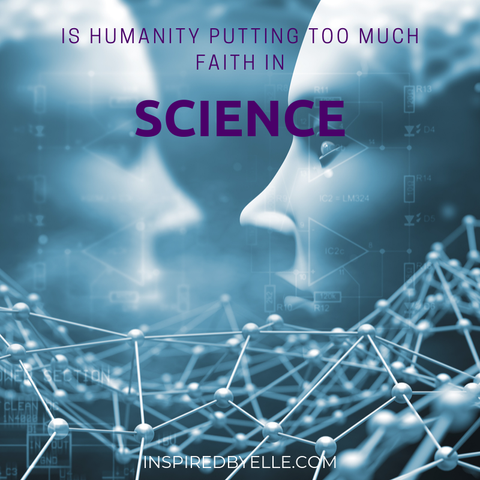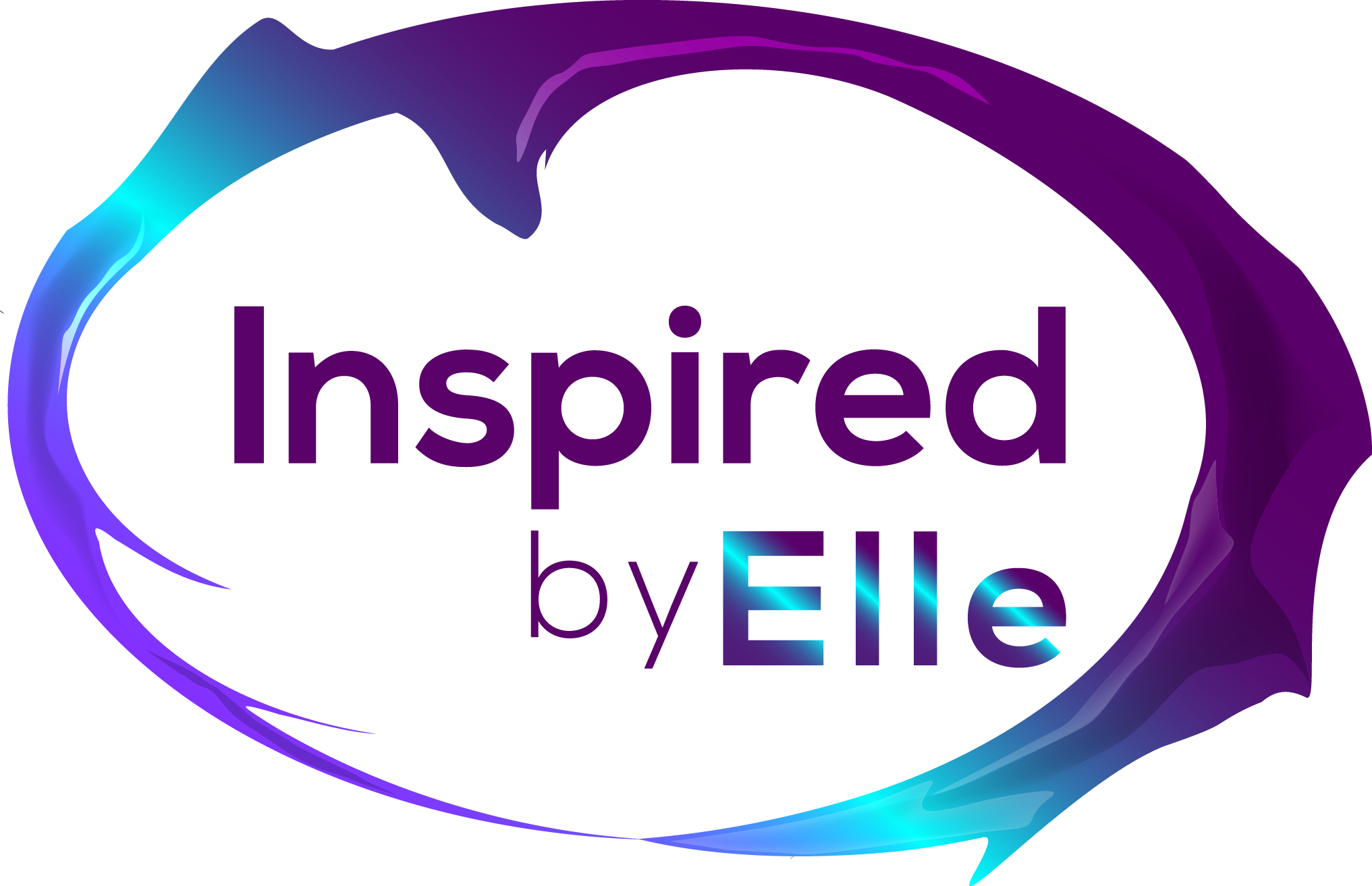Is Humanity Putting Too Much Faith in Science?

Science has locked horns with religion ever since Galileo in the 17th Century posited that the Earth revolves around the Sun. Later, Charles Darwin infuriated the Church with the 1859 publication of his book, ‘On The Origin of Species.’ His theory that Man was not created in God’s image but instead evolved from the common ape proved anathema to most theologians. Since the 19th Century, science has accelerated humanity’s progress. It’s given us antibiotics, space travel and computers, while the Church (at least in the UK) has seen declining numbers. It’s not surprising that among the mass populace science is seen as the new Messiah. But the question lingers: are we putting too much faith in Science while deserting our trust in Nature?
The so-called ‘God Particle’ is, in fact, a nickname for the Higgs Boson, an explanation for why other particles have mass and stick together. This elusive particle took 40 years to find, and it was only done with the help of the CERN Hadron Collider. Such a momentous achievement proves how durable and imponderable Nature is. Should we be turning our backs on Nature while we take this heart-stopping journey on the Science rollercoaster?
The CERN Hadron Collider straddles the Franco-Swiss border. With its scientists labouring away like some Bond villain’s secret army, it’s no surprise that conspiracies on its real purpose emerge. Another secret facility around which there is a buzz of conspiracy is HAARP. High-Frequency Active Auroral Research Program shoots electronic signals into the ionosphere. HAARP’s mission is to study this transitional zone where the atmosphere merges into the magnetosphere. This is a region with a high density of free electrons. Scientists study plasma clouds, meteor showers, solar flares and geomagnetic storms. HAARP has also enabled the US military to keep in radio communication with its submarines long distance. Opponents of the HAARP facility argue that this research into the ionosphere is a front for a darker, military purpose. Some have argued that the high-frequency electronic signals could generate extreme weather events, such as hurricanes, floods, even earthquakes. Others have blamed HAARP for causing power outages and mental illness. For many, HAARP symbolises Science interfering with Nature in a way that could have cataclysmic results.
CRISPR gene editing is another area of scientific research threatening to disrupt the balance of Nature. Gene editing has been around for a while, but CRISPR is a new technique which allows genes to be edited with ease. CRISPR is like a genetic cut-and-paste toolbox where plant, animal or human traits can be deleted or added at will. CRISPR can be applied in simple laboratory environments. Setup is cheap and there are even mail-order kits available, so now even amateurs can make a contribution to Science. With CRISPR it costs less than $100 to remove a gene from a genome. Additionally, the technique is far more effective than older, costlier gene-editing techniques. The ramifications of this are sombre. They give rise to nightmare visions of terrorists cooking up new pandemics in their basements. They might even take a cue from Netflix's popular TV thriller, ‘Designated Survivor.' In one subplot, white supremacists use CRISPR to create a virus which causes sterility in the non-white population.
We should remind ourselves that Nature has been around forever; Science, only since the times of Ancient Greece. And Hippocrates (c.460 - 375 BC) and Aristotle (384 - 322 BC) were more like natural philosophers than modern scientists. The point is we often forget how robust Nature is and how it can adapt on its own to protect the human species. A clever example of this is the sickle cell gene. If inherited from both parents, this mutated gene can lead to a red blood cell disorder and shorter life expectancy. But in a bizarre twist of nature, the sickle cell gene has also been shown to confer 60% protection against malaria mortality. Further, the gene is more prevalent in those countries most prone to malaria. It’s almost like Nature is trying to make amends for the sickle cell, and is doing so very well without the help of Science.
Perhaps we’d be better off using Science to solve our existing global problems. Wouldn't this be better than forging ahead with new technologies the consequences of which we don’t understand? Our rapid technological progress could result in problems being hoarded up for the future. We already have enough existing problems. Mental health and stress issues are at record levels. Part of that problem is caused by technology’s desire to complete tasks in the shortest time possible. Inevitably this causes stress among workers who are designed for a more natural pace. Computing technology is getting faster and faster as silicon chips become smaller. Humanity’s mental health suffers as a result. And it’s not just the breakneck pace of technological change that’s harming us. The rise of AI threatens to take millions of jobs away from people. Yes, that means lots more free time, but it also means more stress. Boredom, financial anxiety, the lack of self-worth, an ageing workforce: these are all going to be increasing problems in the future. Prescription medicines are only short-term solutions and often lead to helpless addiction.
Science is not easing global unrest, that’s for sure. New military technologies can launch drones to targets thousands of miles away with pinpoint accuracy. Yet the wars themselves still exist. Science hasn’t managed to magic-erase those away to date. With arms a thriving billion-dollar industry, it’s unlikely that any research team is currently working on doing away with war. There would be no money in it.
Where does humanity put its faith in the 21st Century? With Christianity declining in many Western countries, Science has not so far been able to offer us anything to replace it. At least not something that gives us hope for the future. Instead, on the whole, it has made us more stressed. We need to renew our faith in Nature. And with climate change threatening to unleash an apocalypse on a bewildered humanity, we can’t wait too long.
References
Protective Effect of Sickle Cell Trait Against Malaria - CDC.gov, updated Nov 14, 2018
The Higgs Boson and the Nobel: Why We Call It the ‘God Particle’, by Ned Potter, Oct 9, 2013
Wikipedia contributors. "High Frequency Active Auroral Research Program." Wikipedia, The Free Encyclopedia. Wikipedia, The Free Encyclopedia, 15 Sep. 2019. Web. 21 Sep. 2019.
Mail-Order CRISPR Kits Allow Absolutely Anyone to Hack DNA, by Annie Sneed, Nov 02, 2017
A simple guide to CRISPR, one of the biggest science stories of the decade, by Brad Plumer, Eliza Barclay, Julia Belluz, and Umair Irfan, updated Dec 27, 2018
Leave a comment
Comments will be approved before showing up.


